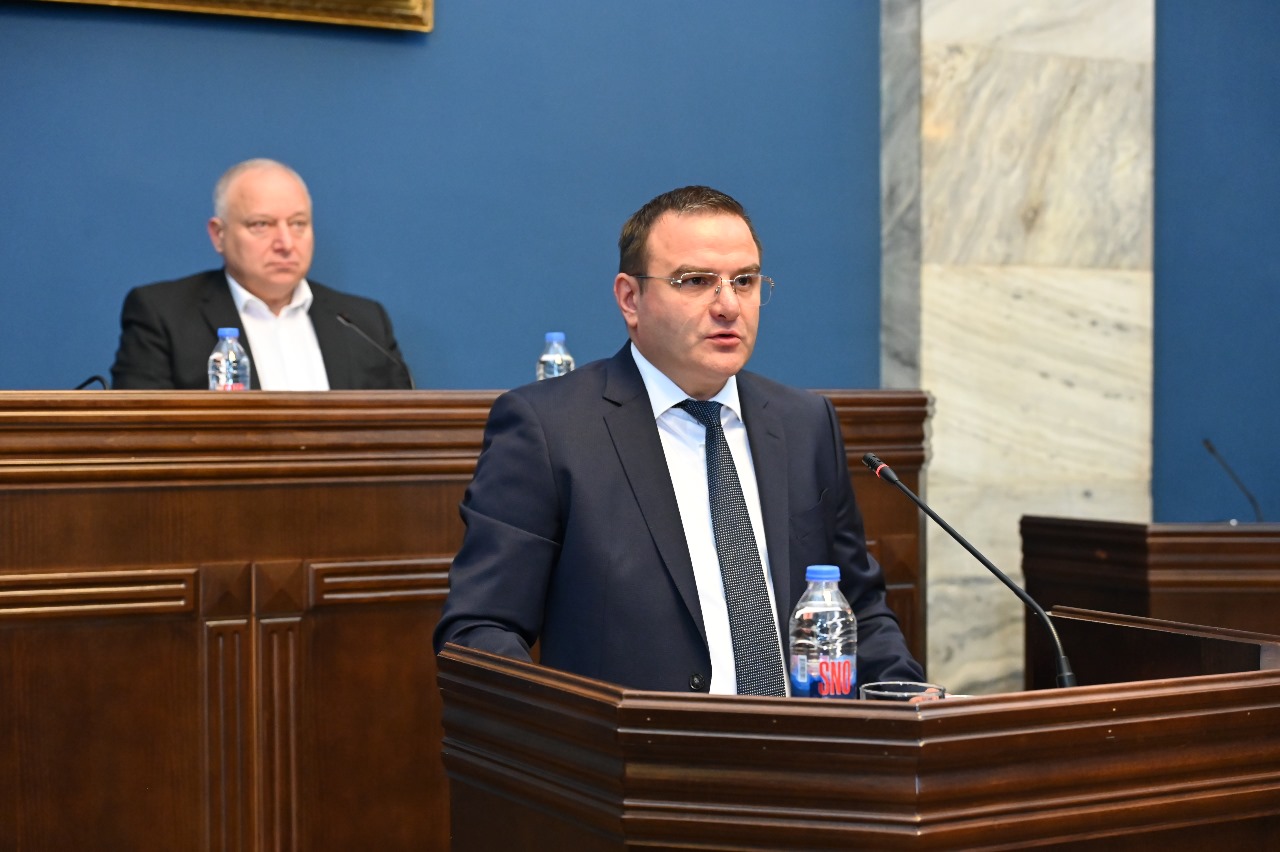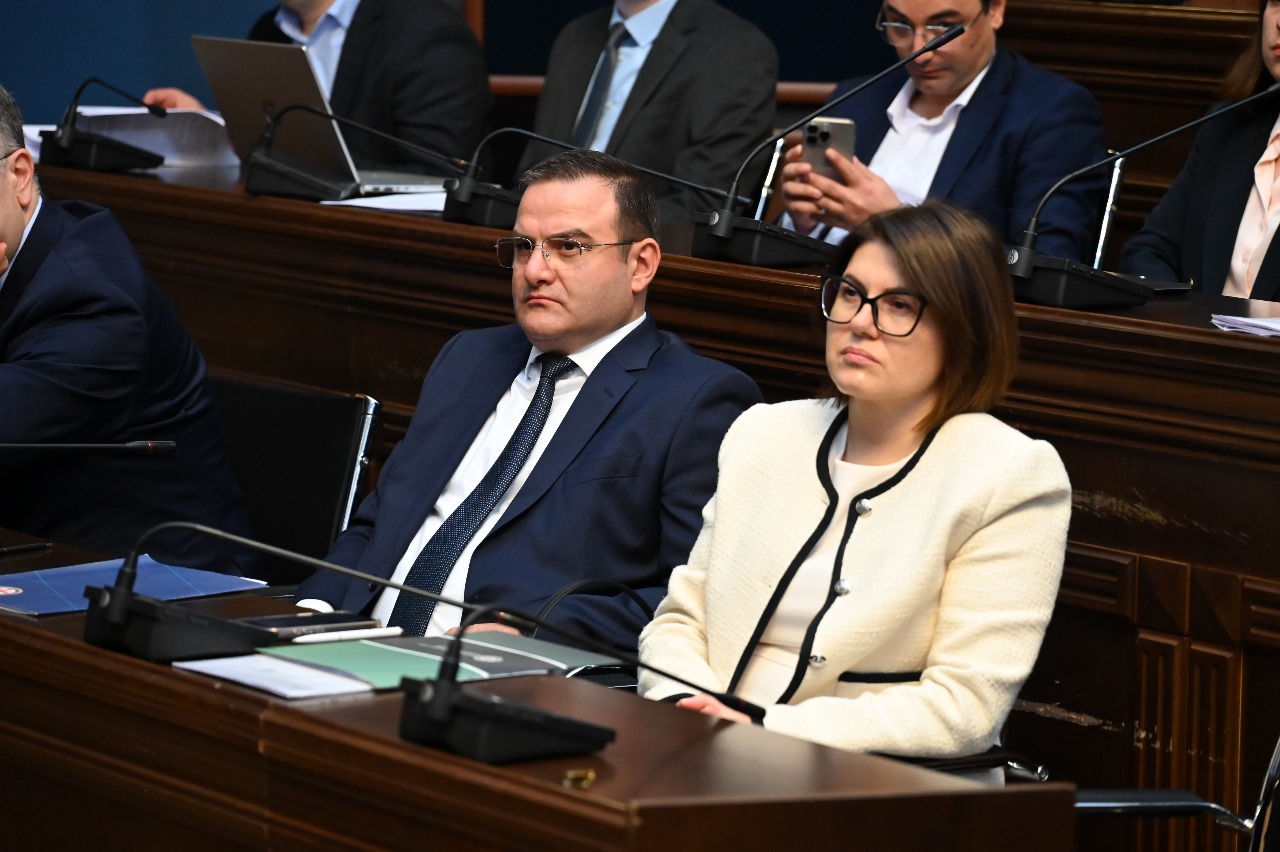Auditor General of Georgia Mr. Giorgi Gabitashvili, briefed the members of the Parliament from the Budget and Finance Committee on the findings of the State Audit Office regarding the first version of the draft law on the 2026 State Budget. He noted that, according to the assessment of the State Audit Office’s, the “Draft Law on the State Budget of Georgia for 2026” has been prepared properly based on the applicable assumptions and can be considered well-founded and lawful in accordance with the existing normative framework.
According to the draft law, total budget revenues are projected to increase to GEL 30.3 billion, which is GEL 2.7 billion more than in 2025. Budget expenditures will rise to GEL 30.5 billion (an increase of GEL 2.5 billion). The document states that the consolidated budget deficit (2.5% of GDP) and the level of government debt (34.9% of GDP) remain within the limits set by law.
During the committee hearing, the Auditor General of Georgia Giorgi Gabitashvili, discussed both the macroeconomic and fiscal frameworks of the draft law on the state budget. He highlighted several key issues.
Specifically, capital expenditures are projected to decrease by GEL 363 million, amounting to GEL 7.6 billion. In the medium term, the ratio of capital expenditures to GDP shows a declining trend and is expected to reach 6.7% by 2029.
State-owned enterprises remain one of the main sources of fiscal risks. In 2024, their total loss amounted to GEL 138 million. Consequently, a significant portion of state-owned enterprise assets is financed through liabilities.
Against the backdrop of tightened global monetary policy and an increasing share of domestic debt in government debt, interest costs on debt servicing have risen in recent years, creating significant fiscal pressure on the state budget - a trend that is expected to persist in 2026.
In his address, the Auditor General emphasized that during the preparation of the draft law on the state budget, the Ministry of Finance of Georgia took into account the recommendations issued by the SAO, which aim to improve the budgetary process, the quality of information, and financial reporting. Among them:
• The Ministry of Finance updated the Government Debt Management Strategy together with the Medium-Term Budgeting documents, prior to the preparation of the draft law on the state budget;
• A new indicator - the ratio of interest costs to GDP - was added to the strategy, enabling a better assessment of interest-related risks;
• The Fiscal Risk Analysis document was supplemented with information on risks arising from ongoing court cases.
The SAO will submit its opinion on the draft law on the State Budget of Georgia to the Parliament of Georgia in accordance with the procedure established by the Organic Law on the State Audit Office.
















